The image of the Spanish sprinters of the 4x100 meter relay meeting this Saturday in a circle on the Hayward Field tartan, euphoric for their fifth place in a very tough final, a ceiling never reached before, saying to each other “record this moment”, because you never know if there will be more like this, it was the last happy sight of the team of 56 athletes displaced to Eugene.
It was the penultimate test with Spanish representation.
The last one was the men's 35-kilometer walk this Sunday, where there was no medal.
And both facts: the increase in speed and the disappointment of the march, serve to explain the lights and shadows of the Spanish team in Oregon, which with two bronze medals and six other finalists improved the performance of Doha 2019 by a minimum (1 bronze and seven finalists).
The World Cup started off on the wrong foot.
The first day was the day in which they had deposited more hopes.
The 20-kilometre walk had two fourth places from Tokyo in contention: María Pérez and Álvaro Martín.
And the other two men, Diego García and Alberto Amezcua, were not ruled out to cause an upset.
In addition, they had gone to the US in time to avoid jet lag and acclimatize, with training at the altitude of Colorado.
However, on the key day almost nothing went right.
Pérez was disqualified, Martín could not keep up with the lead and was seventh, Amezcua was on the verge of being a finalist (ninth), and García finished 16th.
More information
World Athletics Championships in Oregon: results and medal table for July 23
With the last medalists in major championships absent in Oregon —the triple jumper Ana Peleteiro due to pregnancy, and Orlando Ortega, from the 110m hurdles, due to injury—, the disappointment of the march made him plan the ghost of London 2017, the only World Cup of the 17 celebrated before Oregon in which the Spanish expedition returned empty, without any medal.
It didn't help that jumper Eusebio Cáceres didn't snag a medal jump, although he did finish runner-up (eighth).
Another podium bullet disappeared.
But on the third day, Spain was resurrected in the most unexpected way: Asier Martínez, a 22-year-old Political Science student, sixth in Tokyo, arrived with the prospect of doing a good job, but the metal, given the level and its condition of rookie, it seemed like a very difficult achievement.
However, in a twist of fate, everything turned propitious even before the start of the final: one of the favorites, the Olympic champion in Tokyo, Hansle Parchment, was injured in the warm-up.
And seconds later, the American Devon Allen, who started with the second best time, made a controversial false start by only one hundredth.
Martínez, who had the penultimate mark, sees a highway open before him towards something that a few minutes ago seemed impossible.
And he gets into the Ferrari.
He runs with everything, he sets a personal record and a Spanish sub-23 record, and does not realize until the finish line, when he turns his head to his left, that he has been bronze.
At a stroke, the atmosphere went from gloomy to festive.
The medalists Asier Martínez (110m hurdles) and Mohamed Katir (1,500m) arrive at Barajas airport this Thursday. JUANJO MARTIN (EFE)
Doha's medal mark equaled, and everything is trying to improve.
It is not possible in the marathon, the test that has given Spain the most gold in the world championships (two by Abel Antón and one by Martín Fiz), where for the first time in history there is no representative, reserving the long-distance runners for the European Munich that starts in three weeks, in which the medals are more affordable without the African presence in between.
But there are other hopes: the middle distance arrives with three athletes in the men's 1,500m and another three in the 800m.
They will be heads and tails.
Spain has lived for many years with the idea of being a fertile ground for talents to emerge in the 1,500m.
But in recent times it was necessary to go back further and further back to recall successes.
It had been 23 years since an athlete hung the medal in that distance.
Mohamed Katir, who came to Spain as a child from Morocco and settled in the Murcian town of Mula, broke that curse with a bronze.
And the graduate in Chemistry from the University of Mississippi Mario García Romo, from Salamanca, completed with fourth place a performance to remember.
In the 800 meters, which had starred in very close and high-level finals in the national championships, and which had just broken the bench at the Indoor World Championships in Belgrade in March with the victory of Mariano García, the film was very different.
Galician Adrián Ben fell in the qualifying rounds despite having a good race.
And Álvaro de Arriba and Mariano García did not go beyond the semifinals.
Ben already warned him before starting: they were all in a fist, and the same could fall in the first round than to be close to the medals.
For the second race walk, the long 35-kilometre one that premiered in a world championship after the 50-kilometre run was suppressed, Spain had two women and three men.
There was no medal, but there were outstanding performances: Raquel González was fifth and Laura García-Caro sixth.
The best in men was Miguel Ángel López, tenth.
For Álvaro Martín, seventh in the 20-kilometer walk, although there have been athletes who have complied, "a little more" was expected from the Spanish walk in Oregon.
“You have to follow the same path and that there are more Spaniards, in the end it is a statistical question.
Japan has a lot of volume and that's why it gets such good results”, he says.
The result of Oregon has been supported by a new generation: only Cáceres repeats among the Doha finalists.
Since the Eugene World Cup was delayed a year due to the pandemic, to have a new opportunity we will have to wait less than ever: next year it will be Budapest's turn.
You can follow EL PAÍS Deportes on
and
, or sign up here to receive
our weekly newsletter
.


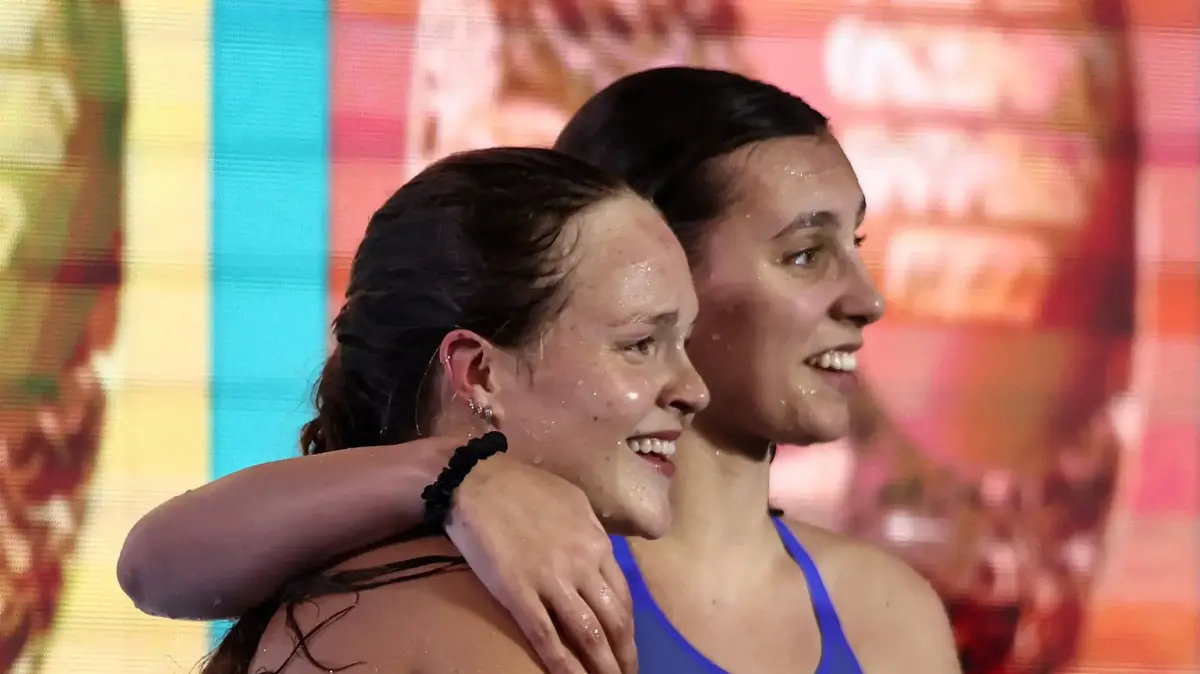
/cloudfront-eu-central-1.images.arcpublishing.com/prisa/EMGDMBJTIJDZVLTWMMZIC623ZU.jpg)

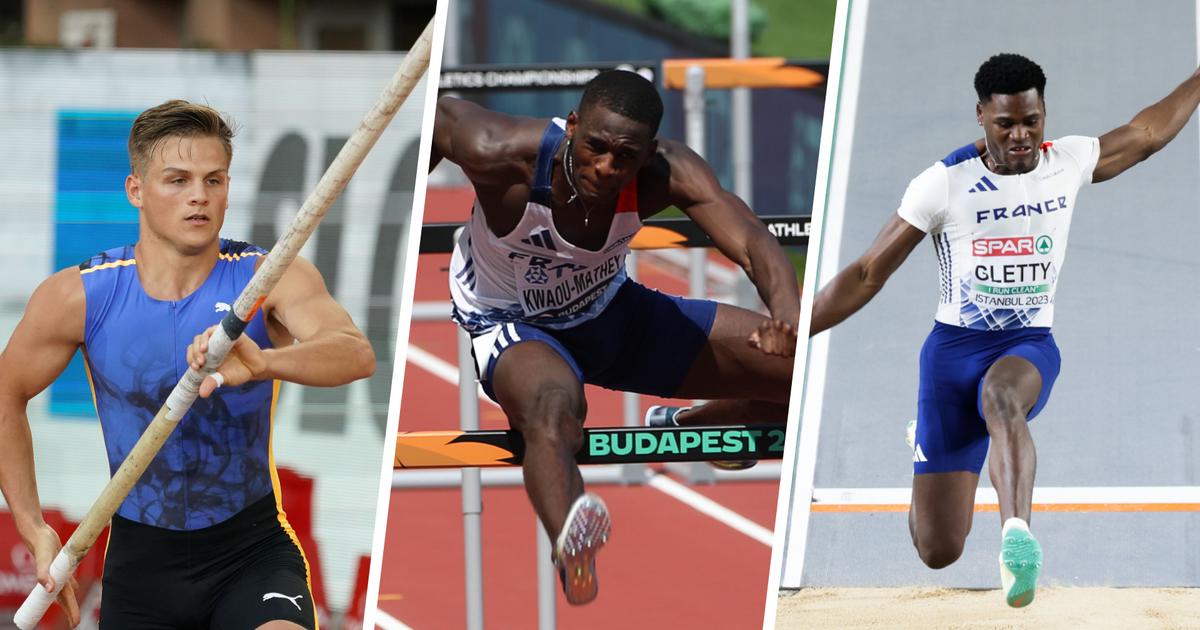


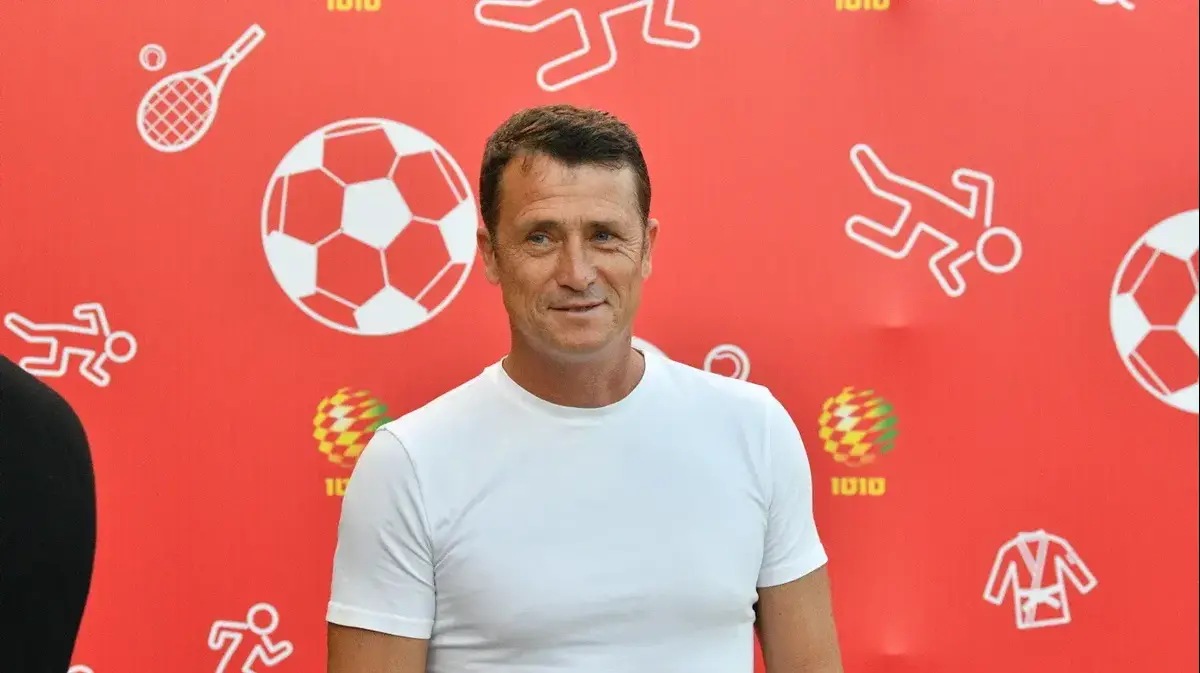

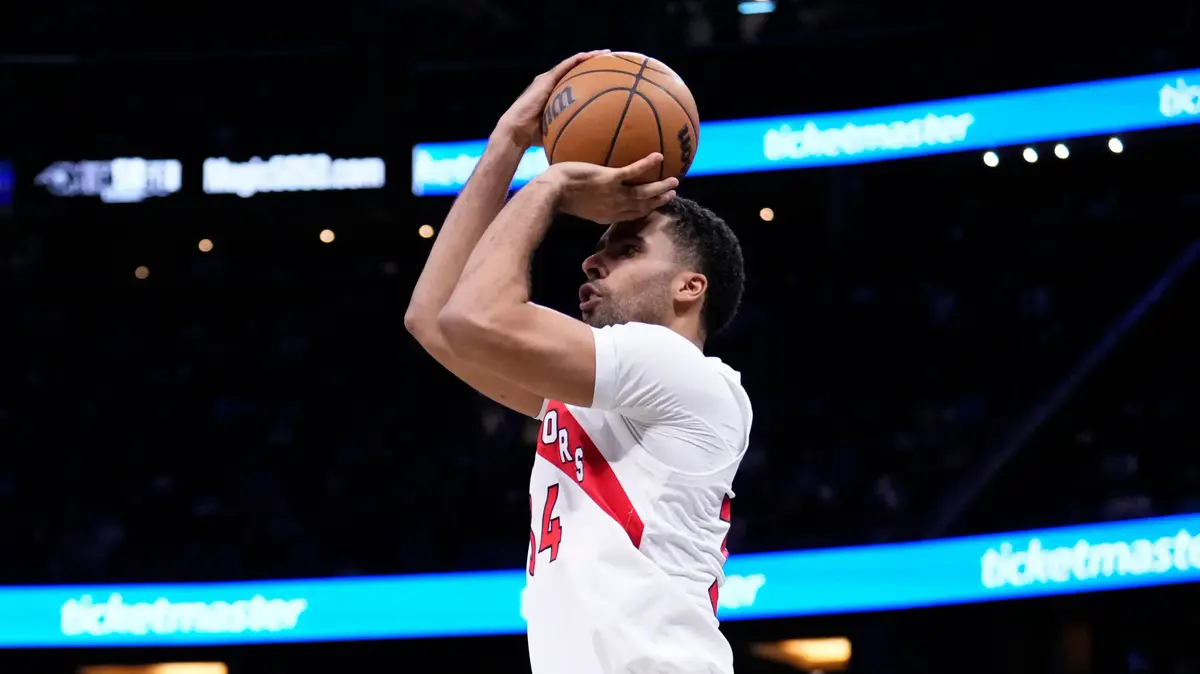

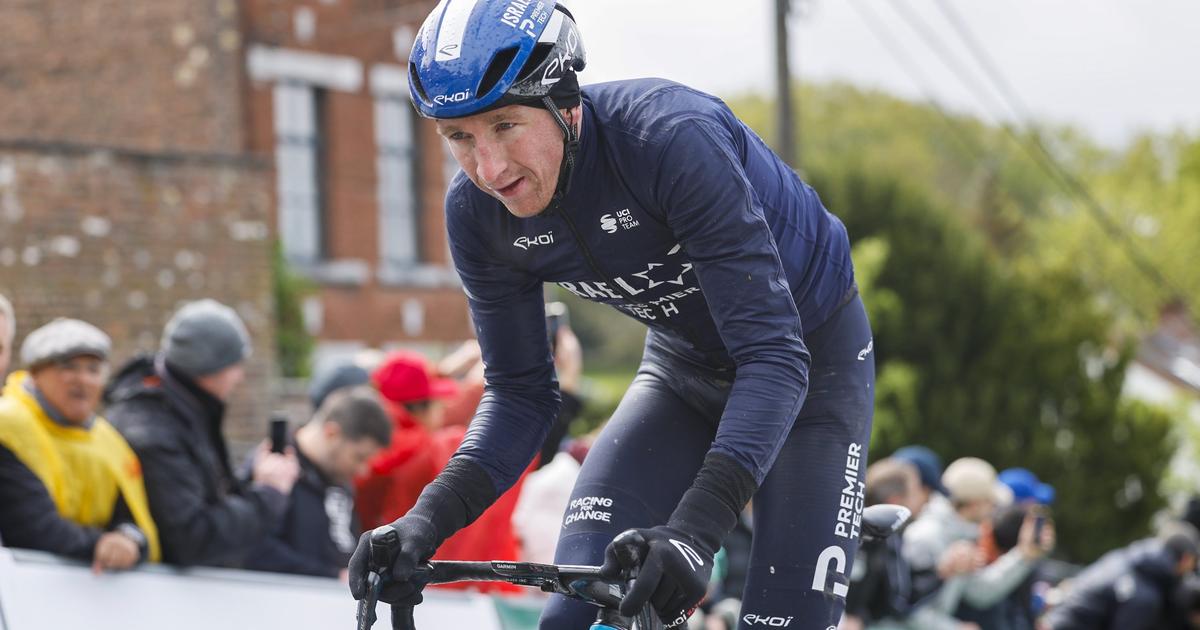


/cloudfront-eu-central-1.images.arcpublishing.com/prisa/SIL73HWCGXKSZBZRANYT36EZLI.jpg)